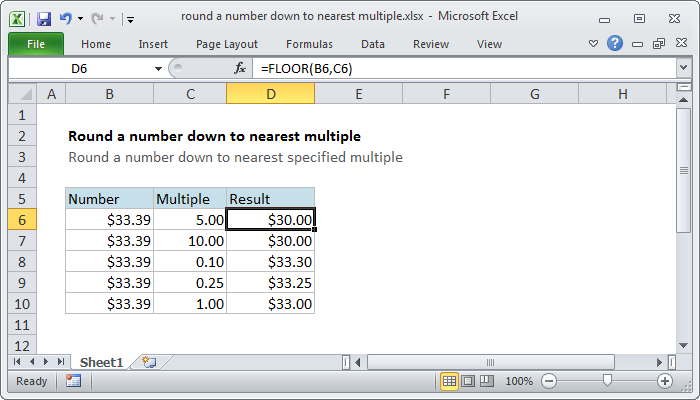If the value of argumentis positive int argument has the same result as floor argument.
Sas function floor int.
The int function returns the integer portion of the argument truncates the decimal portion.
Returns the largest integer that is less than or equal to theargument.
Below is a list of types of functions sas provides.
If the argument is within 1e 12 of an integer the floor function fuzzes the result to be equal to that integer.
If the value of argument is positive the int function has the same result as the floor function.
The int function returns the integer portion of the argument truncates the decimal portion.
Round off the column in sas using round function.
Round off to decimal places in sas.
If the argument s value is within 1e 12 of an integer the function results in that integer.
If the value of argumentis negative int argument.
If the value of argument is negative the int function has the same result as the ceil function.
Round off the column in sas is accomplished by round function.
The result is the integer part of the calculated value in the same data type as numeric expression.
Round up or ceil in sas using ceil function.
Round down in sas or floor in sas uses floor function which rounds down the column in sas.
The int function rounds towards zero.
The floorz function does not fuzz the result.
Depending on their usage the functions in sas are categorised as below.
Functionname argument1 argument2 argumentn here the argument can be a constant variable expression or another function.
The following statements evaluate each function on a vector of numbers so that you can observe the different rounding behaviors.
So we will be using cars table in our example.
If expression is within 1e 12 of an integer the function returns that integer.
Let s see an example of each.
If the argument s value is within 10 12 of an integer the function results in that integer.
Select floor 123 45 floor 123 45 floor 123 45.
If the result is a number that does not fit into the range of a double the floor function fails.
If the argument s value is within 1e 12 of an integer the function results in that integer.
The following sas statements produce these results.
If the argument is decimal the result is decimal.
Therefore with the floorz function you might get unexpected results.
If the value of argument is negative the int function has the same result as the ceil function.
Sas does not have a built in function that rounds away from zero but you can combine the sign function with another function to round away from zero.
Otherwise the argument is converted to double if not so already and the result is double.
If the value of argument is positive the int function has the same result as the floor function.
The following example shows positive numeric negative numeric and currency values with the floor function.

